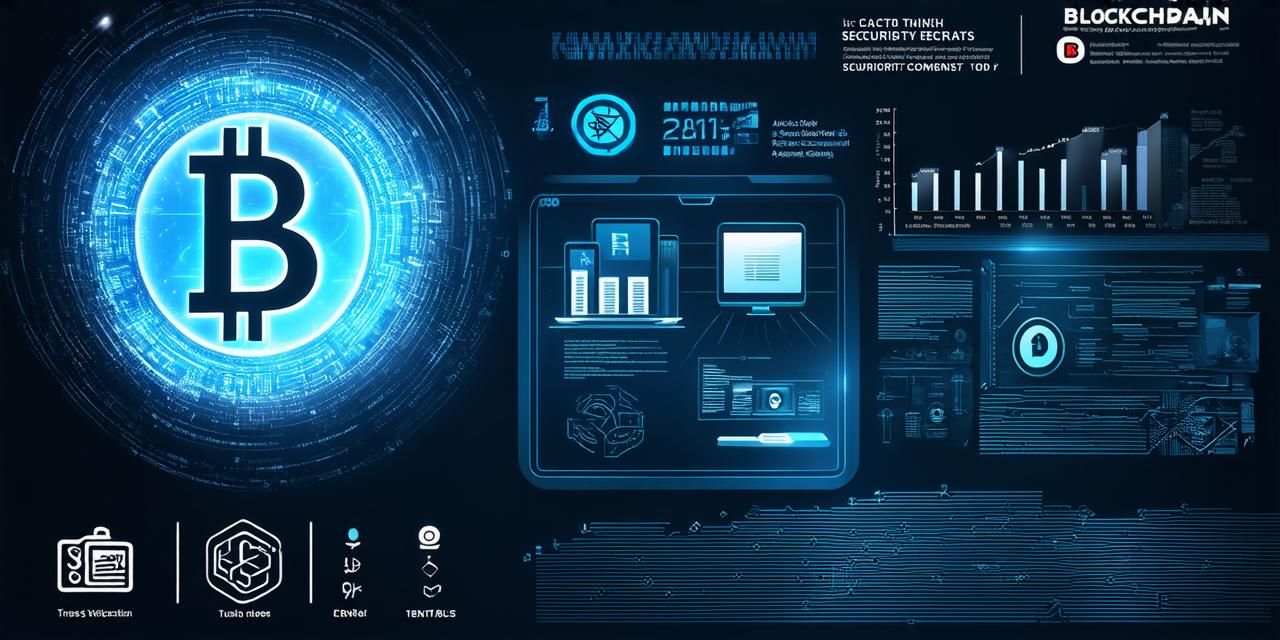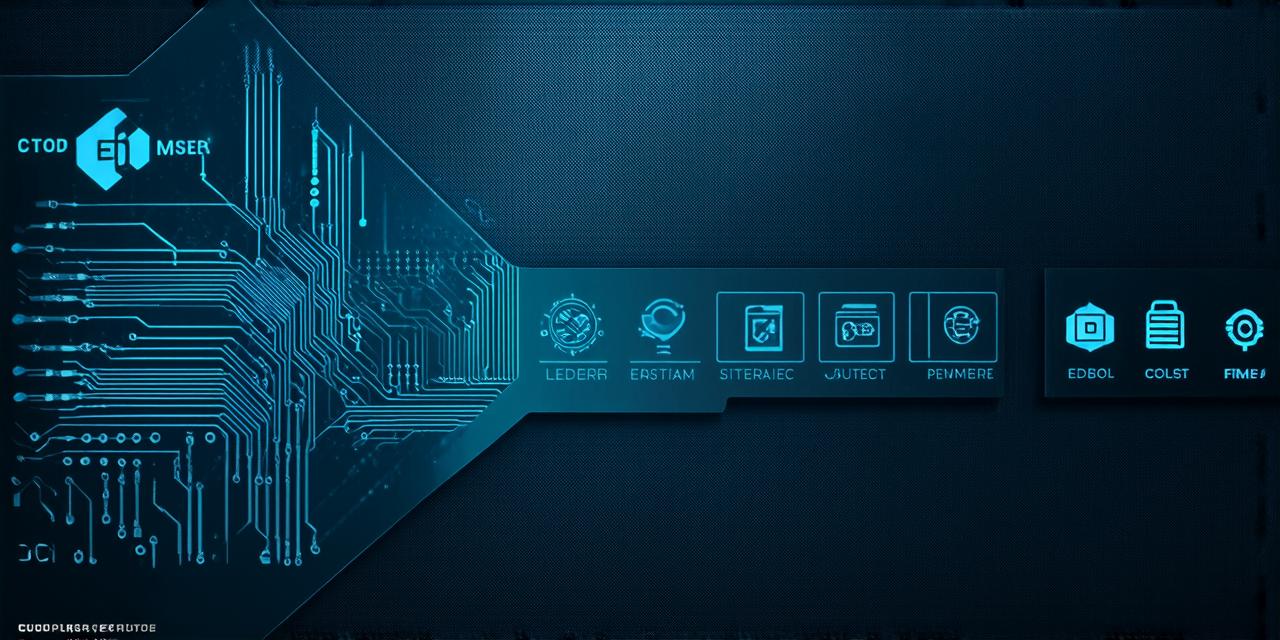
What is Blockchain?
Blockchain is a decentralized, distributed database that stores information across a network of computers. It’s designed to be tamper-proof, secure, and transparent, meaning that all transactions recorded on the blockchain are visible to everyone on the network.
Benefits of Blockchain for Business
Improved Security
One of the main benefits of blockchain for business is improved security. Since the blockchain is decentralized and distributed, it’s much harder to hack than a centralized database.
The data on the blockchain is encrypted and stored across a network of computers, making it virtually impossible to access or manipulate without authorization.
Increased Transparency
Blockchain technology provides increased transparency for businesses by enabling them to record transactions in a way that’s visible to everyone on the network. This helps to reduce fraud and improve accountability.
Improved Efficiency
Blockchain technology can help businesses streamline their operations by automating many of the processes that were previously done manually.
Reduced Costs
By using blockchain, businesses can reduce costs associated with intermediaries, such as banks and other financial institutions. This is because blockchain technology eliminates the need for middlemen, enabling businesses to transact directly with one another.
Real-Life Use Cases of Blockchain in Business
Supply Chain Management
One of the most well-known use cases for blockchain is supply chain management. Blockchain technology enables businesses to create a transparent and secure supply chain, tracking products from the point of origin to the end consumer. This helps to reduce fraud, improve efficiency, and increase transparency. For example, Walmart uses blockchain to track food products throughout their supply chain, enabling them to quickly identify and remove contaminated products from shelves.
Financial Services
Blockchain technology is also being used in financial services to enable faster and more secure transactions. For example, banks can use blockchain to settle cross-border payments more quickly and at a lower cost than traditional methods. In addition, blockchain technology enables the creation of decentralized finance (DeFi) applications, which can provide access to financial services for people who don’t have access to traditional banking systems.
Healthcare
Blockchain technology is being used in healthcare to improve patient data privacy and security. By using blockchain, healthcare providers can store patient data securely and transparently, while also enabling patients to control their own data. This helps to reduce the risk of medical identity theft and other forms of fraud. In addition, blockchain technology enables the creation of smart contracts that can be used to automate healthcare transactions, such as insurance claims processing.
Voting Systems
Blockchain technology is also being used in voting systems to improve security and transparency. By using blockchain, votes can be recorded securely and transparently, making it more difficult for hackers to manipulate the results. In addition, blockchain technology enables the creation of decentralized voting systems, which can provide greater accessibility and inclusivity for voters.
FAQs
What is blockchain?
Blockchain is a decentralized, distributed database that stores information across a network of computers. It’s designed to be tamper-proof, secure, and transparent.
How does blockchain improve security for businesses?
The blockchain is decentralized and distributed, making it much harder to hack than a centralized database. The data on the blockchain is encrypted and stored across a network of computers, making it virtually impossible to access or manipulate without authorization.
What are some real-life use cases for blockchain in business?
Blockchain technology is being used in supply chain management, financial services, healthcare, and voting systems, among others.



